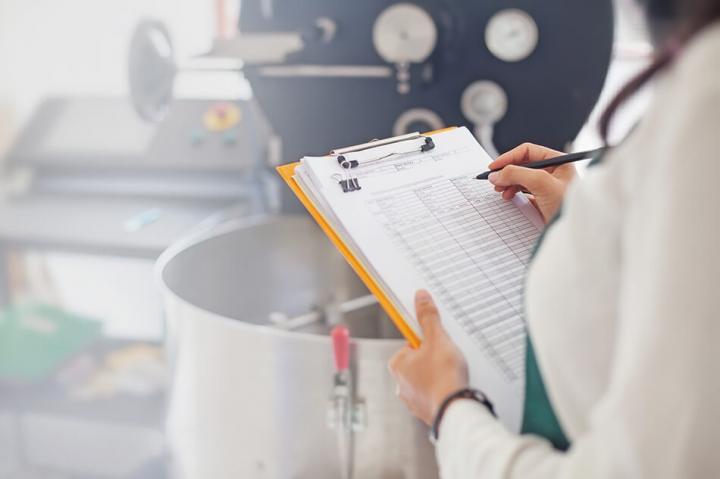Product safety, liability, and sustainability: new frameworks are on the horizon

Change is coming. The UK product safety and liability regime has developed on a piecemeal basis over the years and currently consists of a mixture of legislation, technical standards and guidance which aim to protect consumers from unsafe products.
However, technological advances mean the current framework is unnecessarily complicated, outdated, and inadequate for today’s consumer market.
Most of the UK regime is based on the EU safety system, which is retained (now referred to as assimilated) EU law in the UK following Brexit. In recent years, the EU system has undergone a significant transformation. The UK is set to follow with its own proposals for reform, albeit they may differ from those of the EU. However, EU law will still be relevant for businesses supplying products in the EU, and EU legislation and decisions on product liability and safety may still be relevant when the UK courts are interpreting assimilated EU law.
This article explains the current framework in the EU and UK and sets out a high-level overview of the changes, at EU and UK level, to the product safety and liability regime, including in relation to AI safety, machinery regulations and ESG reform.
In later articles, we will compare the UK proposals for reform in the same areas (where possible) and identify some of the practical steps UK businesses should consider if supplying products to the EU and the UK.
The current framework
The EU Product Liability Directive (85/374/EEC) (PLD) was implemented in the UK by the Consumer Protection Act 1987 (CPA). The EU General Product Safety Directive (2001/95/EC) (GPSD) is implemented in the UK by the General Product Safety Regulations 2005 (UK Regulations).
The GPSD and UK Regulations dictate the overarching requirements for consumer products in the EU and UK and require products to be safe in their normal or reasonably foreseeable usage. The PLD and CPA impose strict liability for defective products that have caused consumers loss.
However, the current legislation did not (and could not) anticipate recent advances in technology (such as artificial intelligence), nor the consequential changes in types of products coming to market and the changes in consumer behaviour (such as, for example, the growth of online sales).
What reforms are on the horizon?
The EU reforms are at a more advanced stage than those of the UK and are important for those operating in or selling into the EU. The UK is expected to take a significant step towards divergence with its own reforms.
The new EU General Product Safety Regulation ((EU) 2023/988) (GPSR) will apply in member states from 13 December 2024, replacing the old GPSD from that date. The EU Revised Product Liability Directive (RPLD) is likely to enter into force in 2024, with member states required to implement the Directive within two years after it comes into force.
In addition, the EU reached a provisional agreement on the AI Act (actually an EU regulation directly applicable in member states) in December 2023, which is expected to be adopted in 2024 but with a two-year transitional period to allow businesses to prepare. The new AI Liability Directive is also expected to take effect in 2024: member states will have two years to implement the directive in their national law.
In case that wasn’t enough to think about, the Machinery Products Regulation ((EU) 2023/1230) (MPR) applies from 27 January 2027 (with some provisions applying sooner), and there are several environmental and social responsibility regulations and directives either finalised or currently proposed in the EU.
By comparison, the UK is at an earlier stage. The Office for Product Safety and Standards (OPSS) (the national regulator for public safety) published a consultation on the reform of the UK’s product safety regime in August 2023, setting out 13 specific proposals on product safety in the UK. Proposals on environmental, social and governance (ESG) trail even further behind.
Next time
Look out for the next article in this series, where we look more closely at the EU product safety and liability reforms and how the UK proposes to forge its own path.
In the meantime, for further information or guidance on whether any of the reforms or proposed reforms apply to your business, contact Robin Adams using [email protected] or 0191 211 7949.
This article is not legal advice and we accept no responsibility for action taken in reliance on it.
